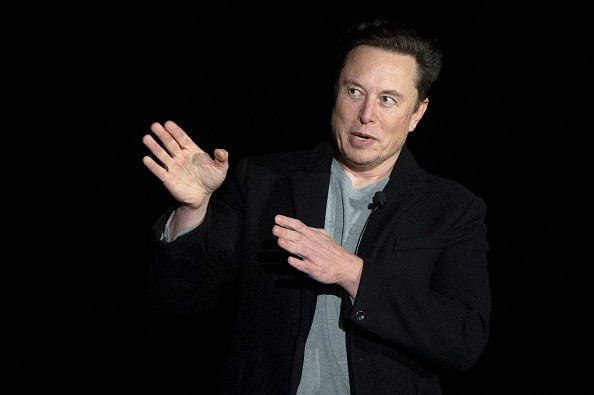
Another day, another Tweet by the newfound bigwig who now owns Twitter - per regulatory approval. Tech billionaire Elon Musk weighs options aloud on potentially making Twitter a subscription-based service for larger organizations, like government bodies and businesses. The Tesla executive posted on May 3rd these thoughts, citing "a slight cost" to utilize Twitter for "commercial/government users."
Given the rather strained financial history behind the media site, expressed best in thriving media rivals like Instagram and YouTube, it's certainly an interesting move that has even been called into question by the likes of various Members of Parliament (MPs) to answer for these alterations.
Twitter will always be free for casual users, but maybe a slight cost for commercial/government users
— Elon Musk (@elonmusk) May 3, 2022
Musk did clarify that "Twitter will always be free for casual users," but the site already has a subscription service titled Twitter Blue, which as of yet is only available in Australia, Canada, New Zealand, and the US. The paid subscription service adds several new features to the user experience at a rather affordable monthly rate of $3. Still, as Arielle Pardes of Wired writes, "Twitter Blue feels a little overwhelming."
Musk himself has likewise been critical of Twitter Blue, citing a variety of alterations that should be made, like a less than $2 price per month, no advertisements, a blue checkmark for all who are subscribed, and "Maybe even an option to pay in Doge?" The executive has been quite vocal about his aspirations, ensuring that he wants nothing more than to "make Twitter better than ever by enhancing the product with new features."
Related Article: Elon Musk wants to Investigate Brands that Collaborate with Twitter--Asks George Soros to 'Slide into DMs'
It's not exactly clear just how much Musk would want to charge said organizations to use Twitter, but it does act as an incentive for reform. Although somewhat positive, Twitter revenue as reported for Q1 2022 shows a 15.92% increase year over year at a $1.201 billion price point. It's not bad, but it's not great, either. Twitter has struggled to find alternative ways of monetizing its platform beyond simply advertising, and maybe Musk's concept could work.
To several of the United Kingdom's MPs, it's a bold move that needs far more clarification. Chairman of the UK's Digital, Culture, Media and Sport Committee, Julian Knight, sent Musk a letter of invitation to meet with the MPs to discuss his wide-sweeping plans for the media platform parliament. In Knight's letter, as cataloged via Telegraph, the MP reiterates several key proposals brought forth by Musk as important and necessary concepts needing amending on the platform.
"In particular, your intention to roll out verification for all users echoes our calls on the UK Government as part of proposed legislation, which we hope will restore the UK public's trust in digital platforms," Knight writes. "Our 2020 Report on Misinformation in the Covid 'Infodemic' called for greater transparency of bots and automated and spam accounts, whilst our recent Report on the UK's Online Safety Bill discussed ways to balance civil liberties like freedom of expression with the need to tackle pernicious, pervasive child sexual exploitation and abuse."
It wouldn't be a first for MPs to pull something like this, as evidenced by several previous pleas to Mark Zuckerberg for broadened evidence into Facebook's fake news concerns, which all went unanswered. Thus, Musk isn't necessarily obligated to meet with the MPs, but it may well help his case if, of course, parliament remains on his side.
Musk's post comes not hours following a letter sent via an advocacy group to various brands, like Disney and Coca-Cola, pressuring them to boycott the platform. The letter states explicitly that Musk's intentions with broadened free speech parameters on Twitter put brands at risk of "association with a platform amplifying hate, extremism, health misinformation, and conspiracy theorists."

![Apple Watch Series 10 [GPS 42mm]](https://d.techtimes.com/en/full/453899/apple-watch-series-10-gps-42mm.jpg?w=184&h=103&f=9fb3c2ea2db928c663d1d2eadbcb3e52)


